New research sheds light on mercury pollution in estuaries, food chain
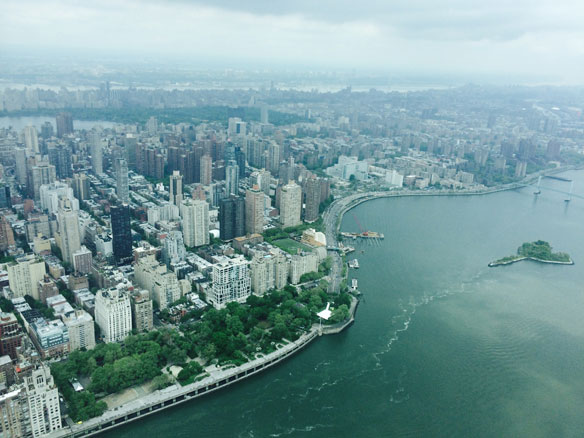
Mercury, which is transformed into methylmercury in water, is a global pollutant that damages human health. Most people are exposed to mercury by eating fish, particularly from open ocean and coastal fisheries. Estuaries act as a repository for methylmercury, storing toxic particulates in both the sediment and water column.
Coral reefs could be more vulnerable to coastal development than predicted
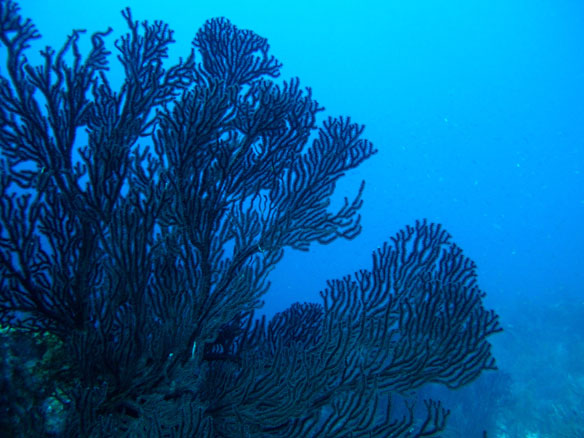
For years, many scientists thought we had a secret weapon to protect coral reefs from nutrients flushed into the seas by human activity. But a new study sheds doubt on that idea, underscoring the importance of sustainable growth in coastal areas.
Mud From Brazil Dam Burst Is Toxic, UN Experts Say
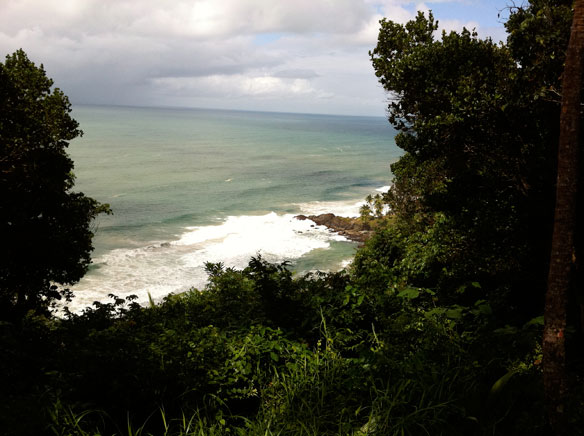
The scale of the environmental damage is the equivalent of 20,000 Olympic swimming pools of toxic mud waste contaminating the soil, rivers and water system of an area covering over 850 kilometers.
Mining Waste Reaches Brazilian Coast Two Weeks After BHP Dam Collapse
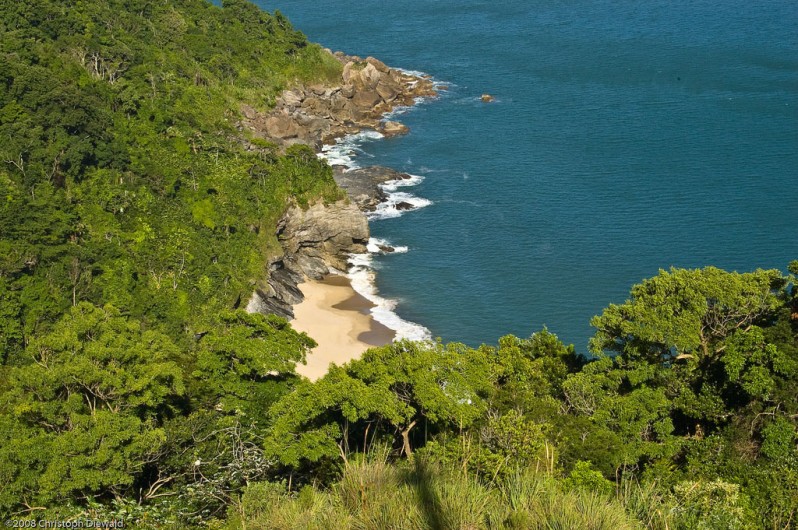
The tide is expected to spread along a 5.5-mile stretch of coastline, threatening the Comboios nature reserve, after killing plants and animals along 400 miles of the Rio Doce.
Brazil Dam Toxic Mud Reaches Atlantic Ocean Via Rio Doce Estuary

A wave of toxic mud travelling down the Rio Doce river in Brazil from a collapsed dam has reached the Atlantic Ocean, amid concerns it will cause severe pollution.
US Kids’ Lawsuit Over Climate Change Gathers Steam
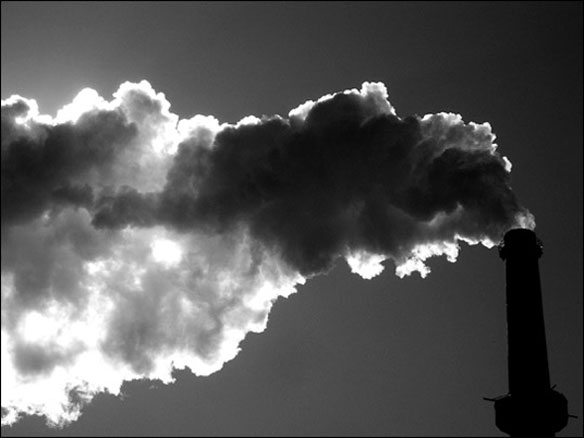
The plaintiffs argue the federal government has known about the danger of carbon emissions since 1965, but has not done enough to stem them, as a result jeopardizing such vital natural resources as the air, seas, coastlines, water and wildlife.
Sea Traffic Pollutes Our Lungs More Than Previously Thought

New data show that the air along the coasts is full of hazardous nanoparticles from sea traffic. Almost half of the measured particles stem from sea traffic emissions, while the rest is deemed to be mainly from cars but also industries and natural particles from the sea.
Shipwrecks Posing Threat to US Waters Hold Many Unknowns
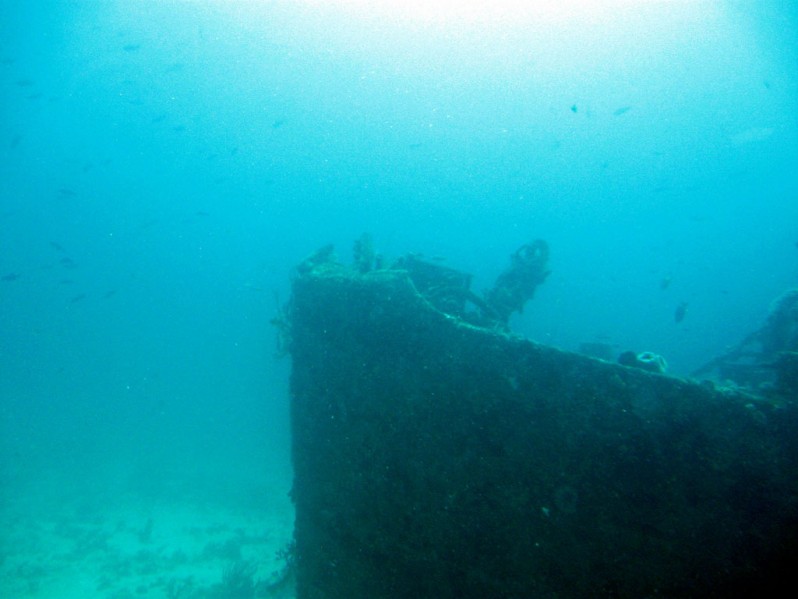
Dozens of shipwrecks scattered along America’s coasts are thought to be holding oil and certainly will start leaking someday as corrosion eats away at their tanks.
Mexico Deploys its Navy to Face its Latest Threat: Monster Seaweed
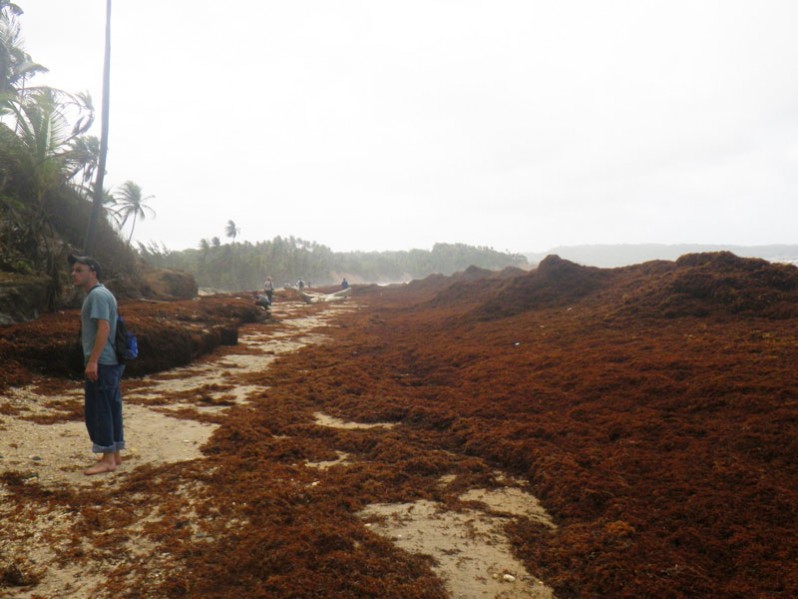
From Barbados to Belize, Cancun to Tulum, a viny brown seaweed known as sargassum has invaded the Caribbean basin this year. For Mexico, whose Caribbean coastline attracts more than 10 million visitors and generates $8 billion in tourism-related revenue a year, the arrival of sargassum became a cabinet-level crisis.
